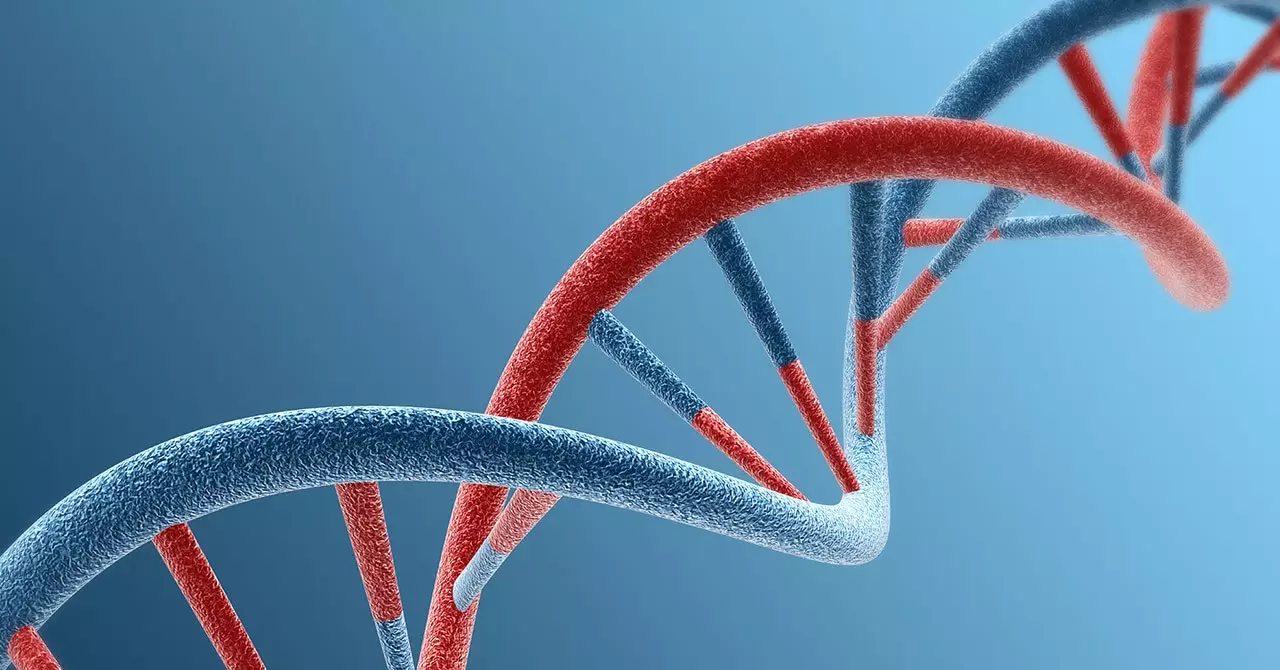The White House has recently announced new regulations targeting companies that produce synthetic DNA, following concerns that the misuse of genetically engineered pathogens could potentially lead to a global pandemic. This initiative, released on April 29th, stems from an executive order issued by President Joe Biden, which aims to establish stricter safety and security standards for artificial intelligence (AI) in biotechnology applications.
Synthetic DNA Advancements
Synthetic DNA has opened up a world of possibilities for researchers, allowing them to create custom gene sequences without the need to extract genetic material from living organisms. This innovation has facilitated the development of various applications, ranging from diagnostic tests to the production of enzymes that break down plastic and the engineering of antibodies for disease treatment.
Despite its numerous benefits, the ease, affordability, and speed of DNA synthesis have raised concerns about the potential misuse of this technology, particularly in the creation of harmful organisms such as viruses. The ability to construct novel gene sequences that do not exist in nature poses a significant risk to human health and the environment.
Regulatory Measures
To address these risks, the new rules mandate DNA manufacturers to scrutinize purchase orders, specifically identifying sequences that could contribute to an organism’s toxicity or disease-causing abilities. This screening process aims to prevent the unauthorized creation of dangerous pathogens by monitoring and evaluating customer legitimacy.
While the regulations currently apply to scientists and organizations receiving federal funding, there are concerns about the oversight of private entities with independent funding sources. Despite the majority of the US synthetic DNA market being associated with federally-funded entities, the lack of mandatory screening procedures for privately funded projects remains a significant gap in the regulation.
Compliance and Challenges
Although some DNA providers already adhere to screening guidelines established by the Department of Health and Human Services and have joined the International Gene Synthesis Consortium, these standards are voluntary and do not cover the entire industry. This highlights the need for stronger enforcement mechanisms and universal compliance to ensure the responsible use of synthetic DNA technology.
While the introduction of new rules for synthetic DNA manufacturing is a step in the right direction, there are still challenges to address regarding the oversight of privately funded projects and the universal adherence to safety guidelines. It is crucial to strike a balance between promoting innovation in biotechnology and mitigating the potential risks associated with the misuse of synthetic DNA.


Leave a Reply